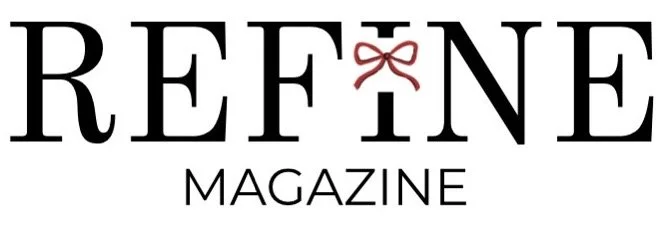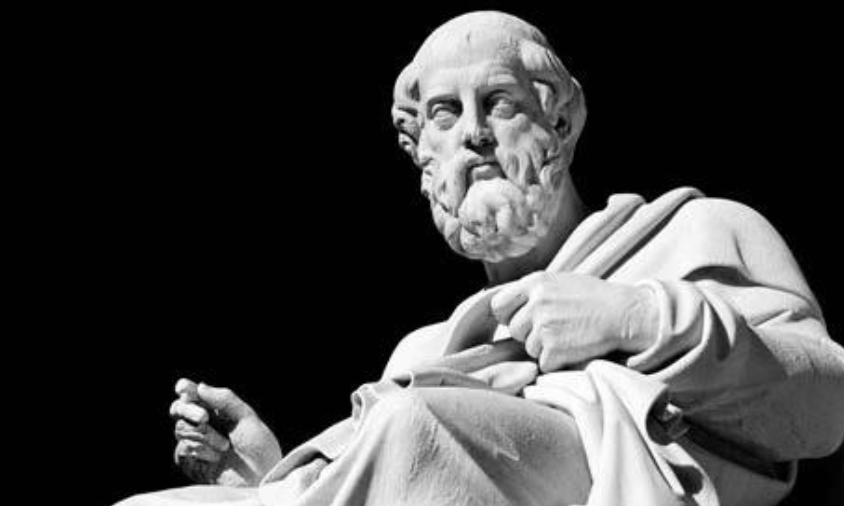Have You Ever Wanted to Sound Smarter at Parties?
By: Lourdes Okoro
In the age of endless life hacks and TikTok advice threads, hardly anyone turns to philosophy—the literal study of the meaning of life—for answers. Which is crazy considering that’s exactly what it was made for. The beauty of philosophy is that its principles aren’t locked away in a secret vault in the Arctic; they’re surprisingly easy to spin into your own daily life. And yes, casually starting a sentence with “Sartre once said…” will instantly make you sound smarter at a dinner party. However, beyond the quoting, I found that these ideas are actually highly applicable to daily life.
Credit: Alamy Stock Images
So, why are we here, anyway?
Not to alarm you—but there isn’t any particular reason why we’re alive and here on earth. And, according to Albert Camus and his assertion that our reality is absurd, we will never receive an answer from the universe either. We just got thrown into existence, basically suspended in this space of nothingness with eternal question marks over our heads.
Alright… what now?
Jean-Paul Sartre believed that life having no preset meaning was far from a bad thing—it means you’re free. Upon being shoved off into the deep end at birth, you’re here with a blank slate. You make your own choices. Every outfit, every like on a TikTok video, every time you snooze your alarm, those decisions build a mosaic of who you are. That’s his concept of essence. We build our own essences (with great responsibility, obviously).
The question isn’t, “what’s my purpose on this earth,” It’s “what kind of person are my choices making me?”
Camus, in all his emphasis on the silent universe that refuses to respond, instead of giving up when faced with the question of what we should do and why we’re here, suggests that we should rebel against the silence with a smile. Life is a struggle, and being thrust on this earth but choosing to live anyway is the purest form of rebellion. So tell yourself, when you’re staring up at the crusty dorm ceilings when the assignments are stacking and the skies are grey, that getting out of bed and getting started is beautiful.
The little things—how do we live day to day?
Existentialism is all about the big picture. But what happens when we zoom in on the everyday stuff? The little decisions we make, like what to order for dinner, whether to go to the gym now or tomorrow, etc. Enter:
Aristotle, your classical wellness guide. With more ethics and less avocado toast and green juice. He believed in the golden mean: not too much, not too little. In other words, doing the right thing, at the right time, in the right amount, with the right mindset—until it becomes second nature. Such a thing requires practice, and he believed in making a conscious effort every day. Courage isn’t recklessness, but it’s also not cowardice. Generosity isn’t giving away your whole life, but it isn’t gatekeeping either.
Friedrich Nietzsche, on the other hand, is your artsy friend. Life is an art project, and your job is to say yes to all of it. The good, the bad, and the ugly. That’s what he called Amor Fati: the love of fate. Not just accepting your fate, like “okay, whatever, I’m here,” but taking full charge of your life and spinning it into something beautiful. The bad grades, bad hair days, and breakdowns over discussion posts due at 11:59 p.m. Learn to love it all; find the perspective that makes the trees greener, the matcha latte sweeter, the highs higher, and the mess into messages, for dissonance is a necessity, and our lives would stagnate without it. So, take it as it is.
You don’t have to ask yourself why we’re here every day to benefit from philosophy. Most people don’t. But when life hits hard—which, let’s be honest, it often does—these ideas can be like armor. They’re not answers so much as reminders that you are your choices, that your essence isn’t handed to you—it’s built. That virtue is a habit, not a label. That beauty isn’t in perfection, but in choosing to carry on, to keep pushing the rock up the hill.
What helped me most is realizing that even if life has no objective meaning, what we can do with that nothingness is endless. That’s not just comforting; it’s powerful. It means that every time you fall, you have the choice to get back up. That every moment—good, bad, or blurry—can be part of your art project, because one is not complete without the other. Light cannot exist without darkness.
You get to build a life that’s real. Messy. Balanced. Whole. Keeping these ideas close has helped me navigate the chaos with a little more clarity.
Maybe they’ll do the same for you.

